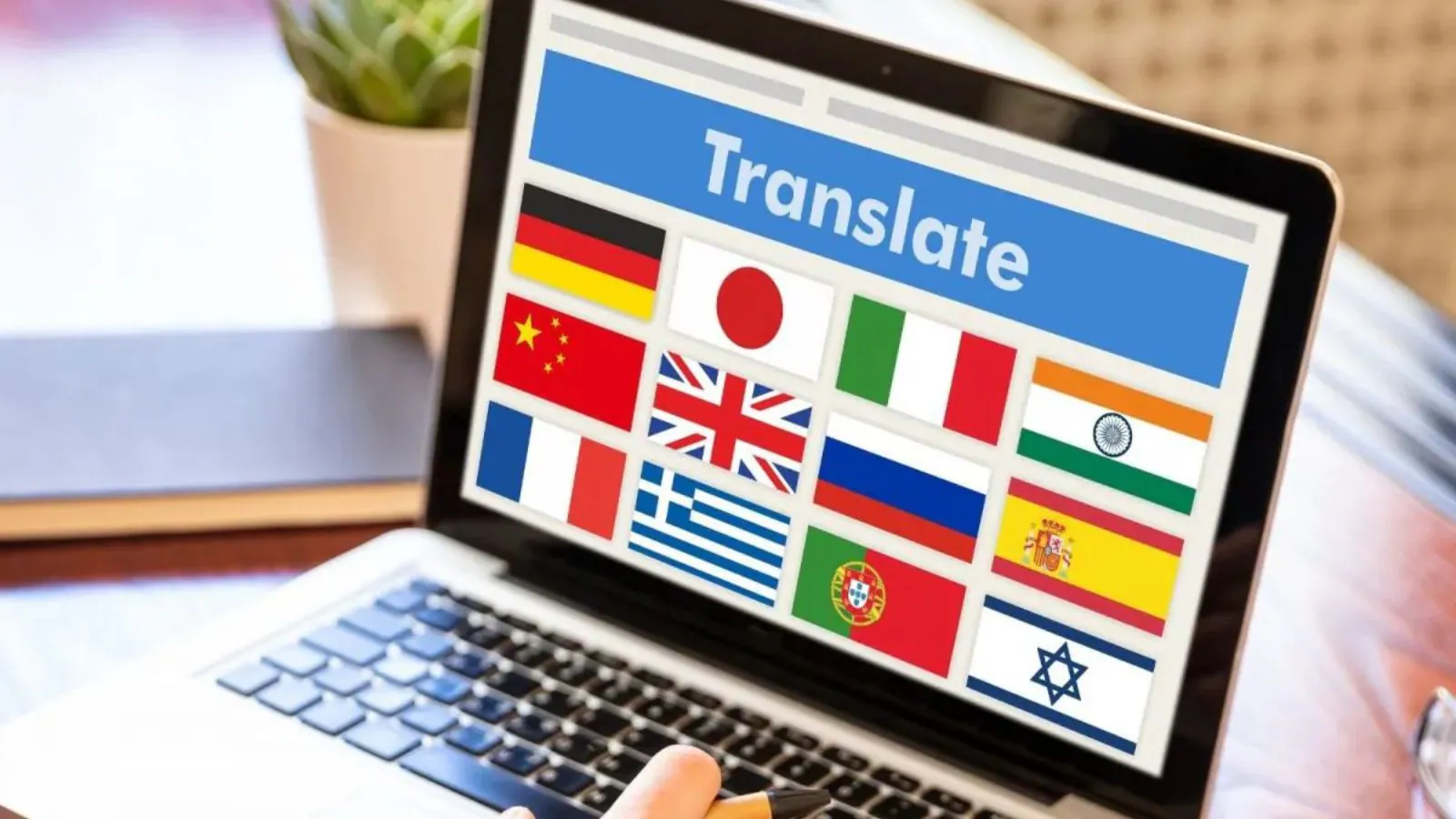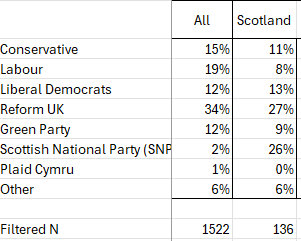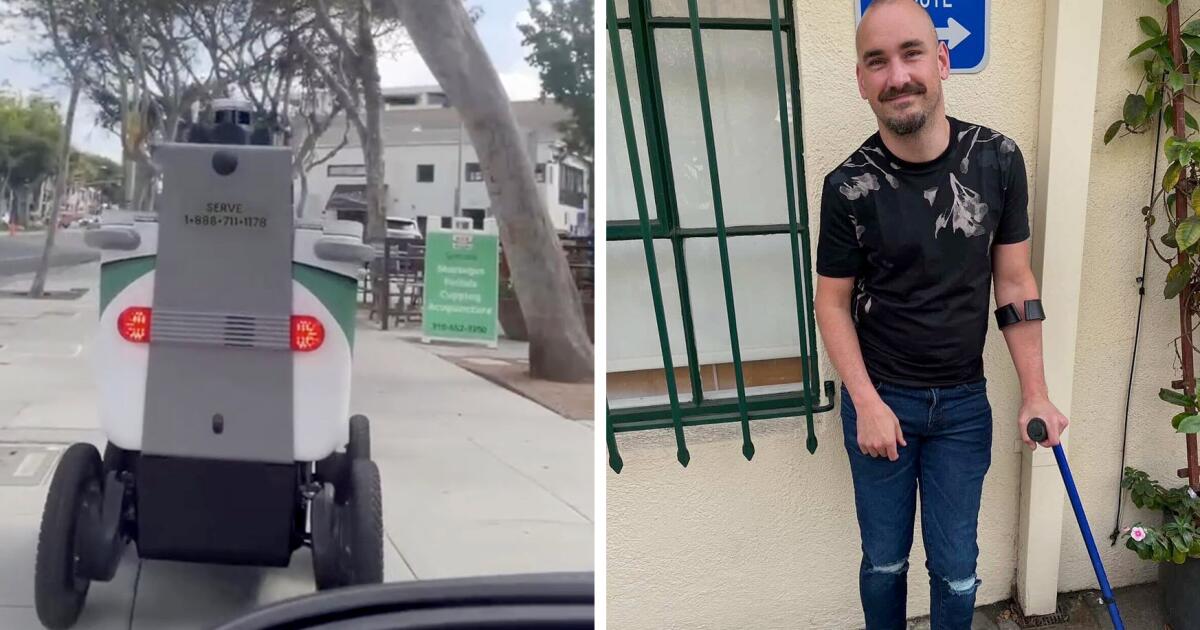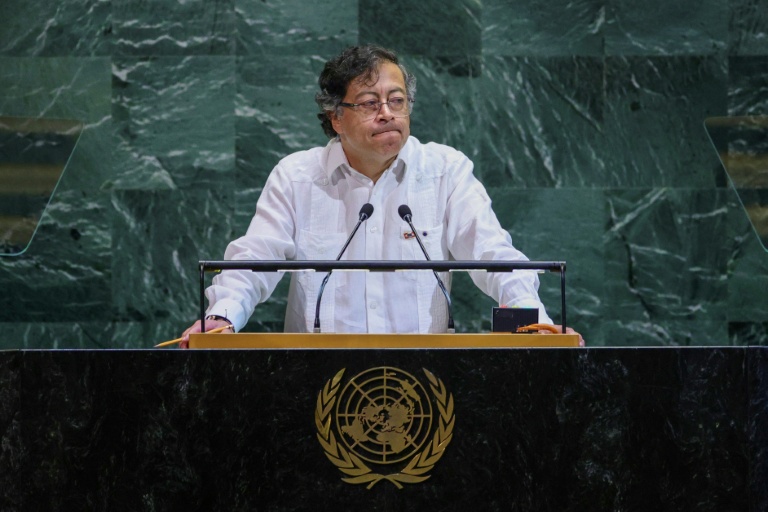By Diksha Modi,News18
Copyright news18

As the world marks International Translation Day today, attention turns to the fascinating world of words that resist translation. While countless expressions shift meaning, tone, or rhythm when carried across languages, some words remain universally understood, pronounced almost the same in every tongue. (News18 Marathi)
International Translation Day is observed annually on September 30, following its recognition by the United Nations General Assembly in 2017. The day itself has roots in the work of the International Federation of Translators, which first proposed the idea in 1991 to honour the community of translators, interpreters and language experts who make global communication possible. (News18 Marathi)
Linguists note that a number of everyday terms, particularly in science, technology and modern life, have slipped into global usage without the need for adaptation. English-origin words such as radio, TV, mobile, computer, internet, ticket, doctor, bicycle, coat, bulb and hotel are spoken almost identically from Europe to Asia, including in Indian languages like Marathi. These are commonly referred to as “borrowed words”, their form preserved even when absorbed into local lexicons. (News18 Marathi)
Interestingly, words associated with early childhood and family life also display universal consistency. “Mamma” or “mummy” sound alike in nearly every culture, perhaps because they are among the very first sounds that infants articulate. Likewise, pineapple, which traces its roots to the Brazilian Tupi word nanas, retains similar pronunciation across continents. (News18 Marathi)
Food and drink too carry their own global passport. Coffee, chocolate and biscuits are among the rare culinary terms that are recognised worldwide in their original form, surviving centuries of linguistic exchange. In an unexpected twist, even certain exclamations travel unaltered. The simple, puzzled “huh?”, used to express surprise or request clarification, has been documented in multiple languages with almost identical sound and meaning. (News18 Marathi)



